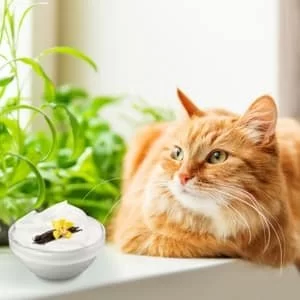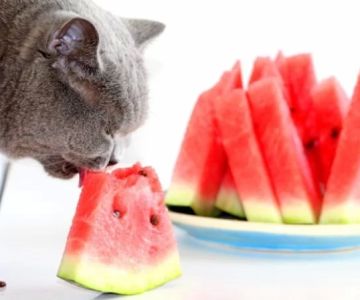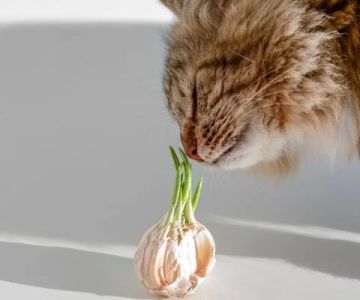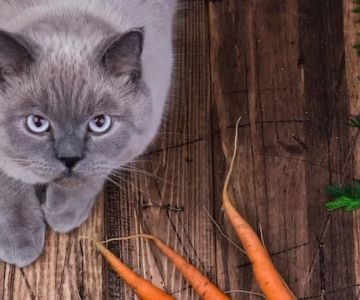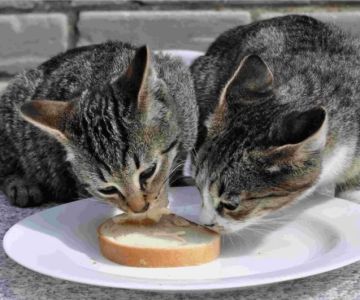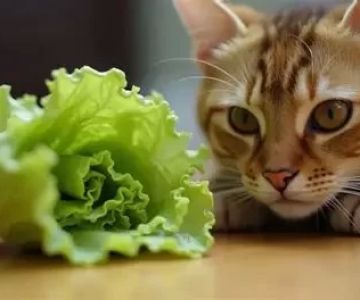- can-cats-eat-vanilla-yogurt-overview
- why-some-cats-react-to-vanilla-yogurt
- dangerous-ingredients-in-vanilla-yogurt
- real-story-cat-owners-experience-with-yogurt
- safe-alternatives-and-portion-guidance
- when-to-contact-a-veterinarian
Can Cats Eat Vanilla Yogurt?
A common question among pet owners is: Can cats eat vanilla yogurt? The short answer is that most cats should not consume vanilla yogurt due to added sugars, dairy content, and possible harmful ingredients. While yogurt may seem like a harmless treat, especially because some cats love the smell of dairy, their digestive systems are not designed to process many of the components in flavored yogurts.
Cats are obligate carnivores, meaning their bodies are built to digest animal proteins—not dairy-based, sweetened human foods. Many adult cats are naturally lactose intolerant, leading to discomfort or digestive upset when consuming dairy products. Understanding how yogurt affects cats helps owners make healthier choices and avoid accidental harm.
Why Some Cats React Poorly to Vanilla Yogurt
To understand whether cats can eat vanilla yogurt safely, it helps to look at how their bodies react to dairy. Lactose intolerance in cats can cause:
1. Diarrhea or loose stools due to the body's inability to break down lactose.
2. Gas, bloating, or stomach cramping after consuming dairy-based foods.
3. Changes in behavior, such as hiding or vocalizing, from discomfort.
4. Vomiting, especially in more sensitive or older cats.
Even yogurt with live cultures, while easier for some humans to digest, still contains enough lactose to upset many cats’ stomachs. When combined with sugars and flavorings—ingredients cats would never naturally encounter—the digestive risks increase. Hidden Brook Veterinary often advises avoiding flavored yogurts altogether because cats lack the digestive enzymes to handle sweetened foods.
Ingredients in Vanilla Yogurt That May Harm Cats
The biggest concern about letting cats eat vanilla yogurt comes from what goes into the yogurt besides milk. Most vanilla yogurts contain additives that can be harmful, including:
1. Sugar and Sweeteners
Cats cannot taste sweetness, and their bodies have no nutritional use for sugar. Even small amounts may contribute to weight gain, dental problems, and inflammation. Artificial sweeteners pose even greater risks, especially xylitol, which is highly toxic to cats and dogs.
2. Vanilla Extract
Pure vanilla extract is made with alcohol—sometimes up to 35%. While yogurt uses small amounts, alcohol ingestion can be dangerous for cats. Symptoms may include lethargy, wobbling, vomiting, and in severe cases, neurological distress.
3. Dairy Fats
High-fat dairy products can cause pancreatitis in sensitive cats. Even small quantities may lead to stomach upset or increased inflammation.
A Real Story: When a Cat Owner Tried Sharing Vanilla Yogurt
One cat owner online shared a story about giving her tabby a teaspoon of vanilla yogurt because he “seemed curious.” Within a few hours, he developed soft stools and kept stretching uncomfortably—common signs of digestive upset. She later learned that the yogurt contained a sugar substitute, which may have worsened his symptoms.
After reaching out to a veterinary clinic, she discovered that even seemingly harmless snacks can trigger intense reactions in cats with sensitive stomachs. This experience mirrors countless cases veterinarians see each year—where well-intentioned sharing leads to unnecessary distress.
Safe Alternatives and How to Offer Treats Properly
While the question “Can cats eat vanilla yogurt?” often arises from pet owners wanting to share a treat, safer options exist that satisfy both curiosity and nutrition.
1. Plain, Unsweetened Yogurt (Occasionally)
If you must offer yogurt, a pea-sized amount of plain, unsweetened Greek yogurt is the safest option. Greek yogurt contains less lactose and fewer additives than flavored varieties. Even so, it should be an occasional treat—not part of a regular diet.
2. Cat-Specific Probiotic Treats
Veterinary clinics like Hidden Brook Veterinary often offer probiotic powders or chews designed specifically for feline digestive health. These are much safer than human yogurts and provide real benefits without the risks of dairy products.
3. High-Protein Cat Treats
Freeze-dried chicken, turkey, or salmon are excellent one-ingredient treats that align with a cat’s natural diet. They’re nutritious and free from unnecessary additives.
When to Contact a Veterinarian
If your cat accidentally eats vanilla yogurt and develops vomiting, diarrhea, excessive drooling, or changes in energy levels, it is important to seek veterinary advice. Some reactions escalate quickly, especially if harmful ingredients were involved.
A veterinarian can assess whether the symptoms are mild and temporary or whether they require treatment. Clinics such as Hidden Brook Veterinary provide quick guidance and can recommend supportive care, dietary adjustments, or examinations if symptoms persist.
Ultimately, asking “Can cats eat vanilla yogurt?” shows that you care about your pet’s well-being. With the right knowledge, you can make safer choices, offer healthier treats, and avoid ingredients that may harm your cat. When in doubt, reach out to Hidden Brook Veterinary for personalized nutritional or dietary recommendations tailored to your cat’s unique needs.

